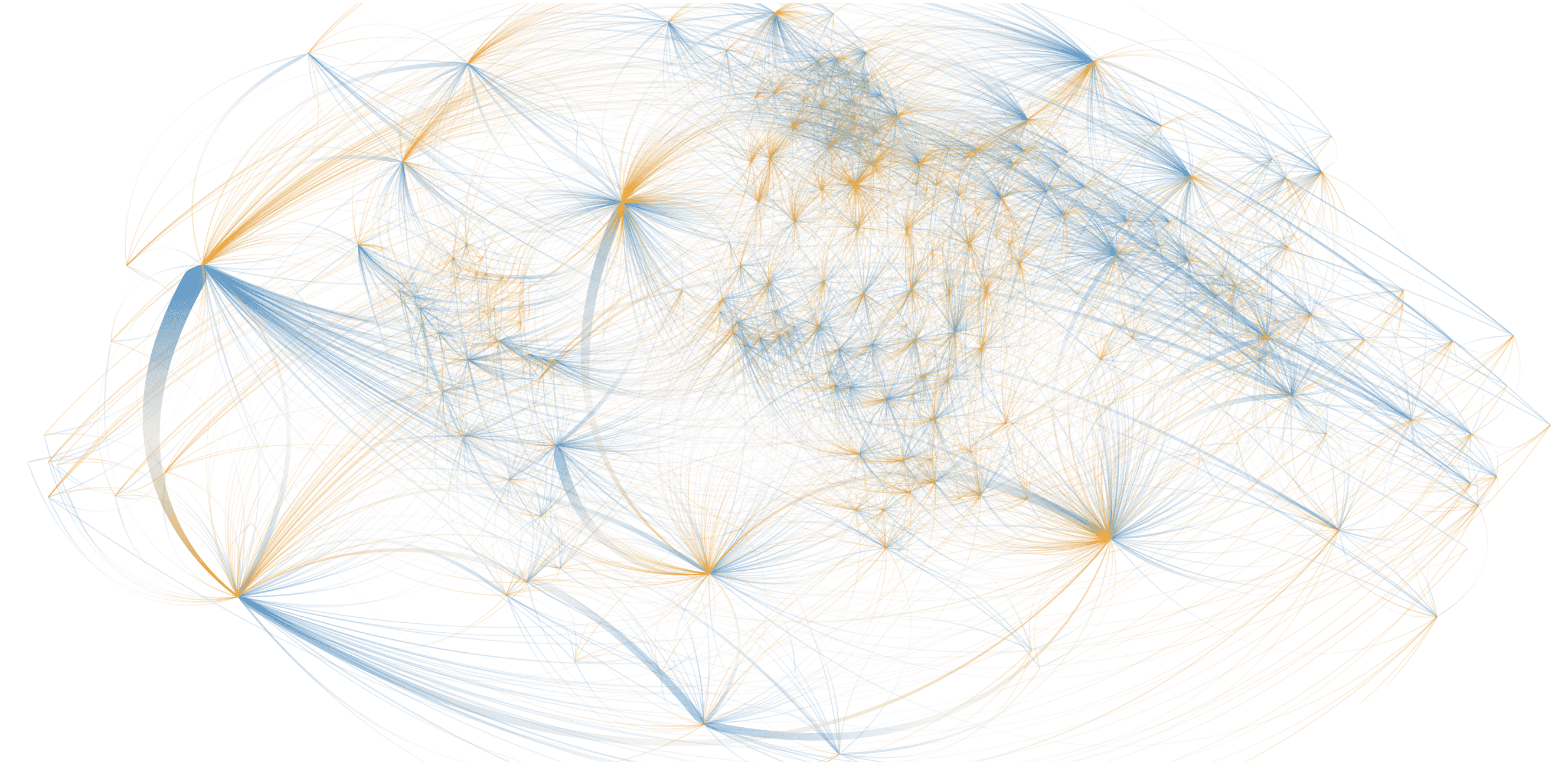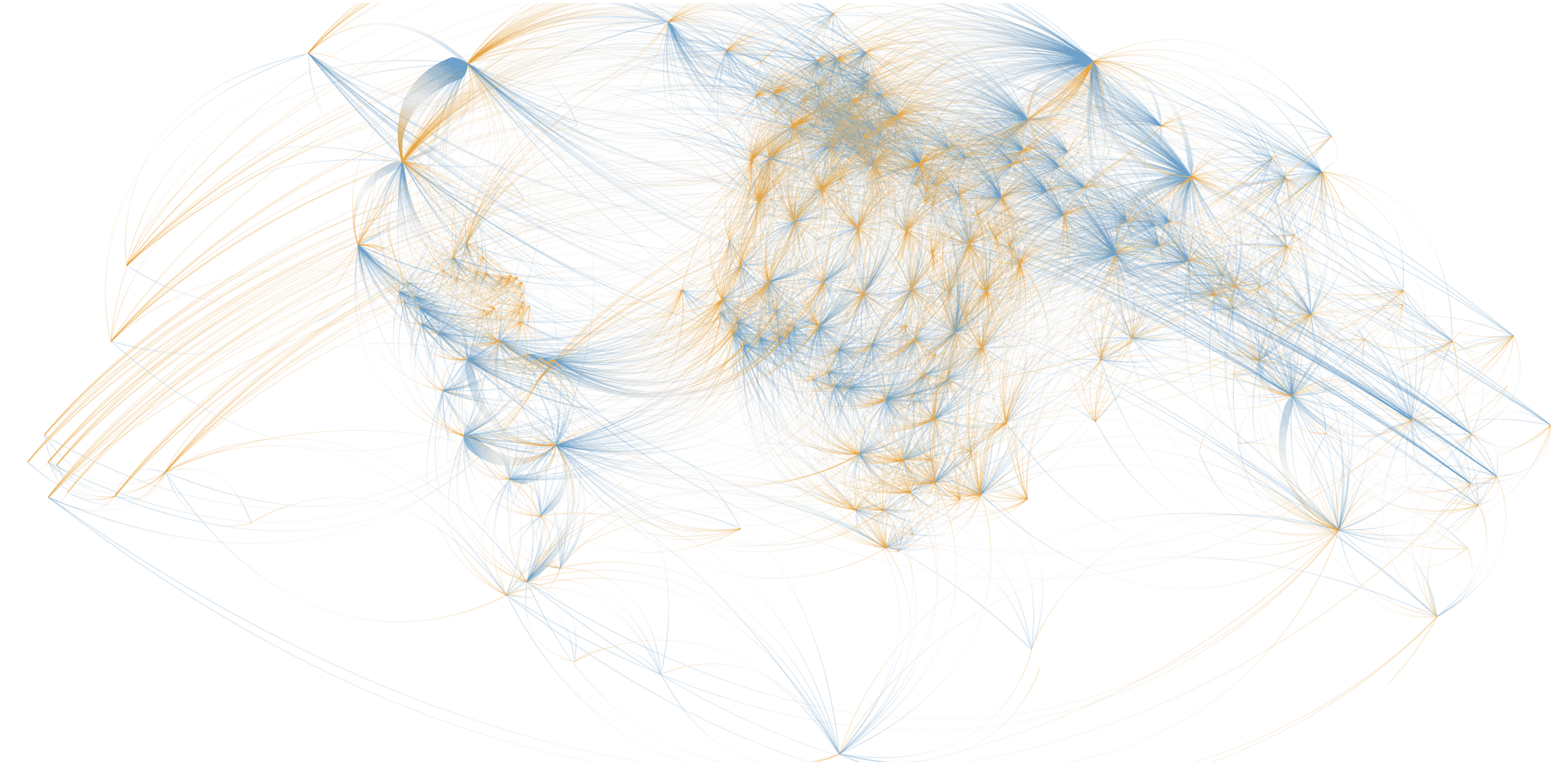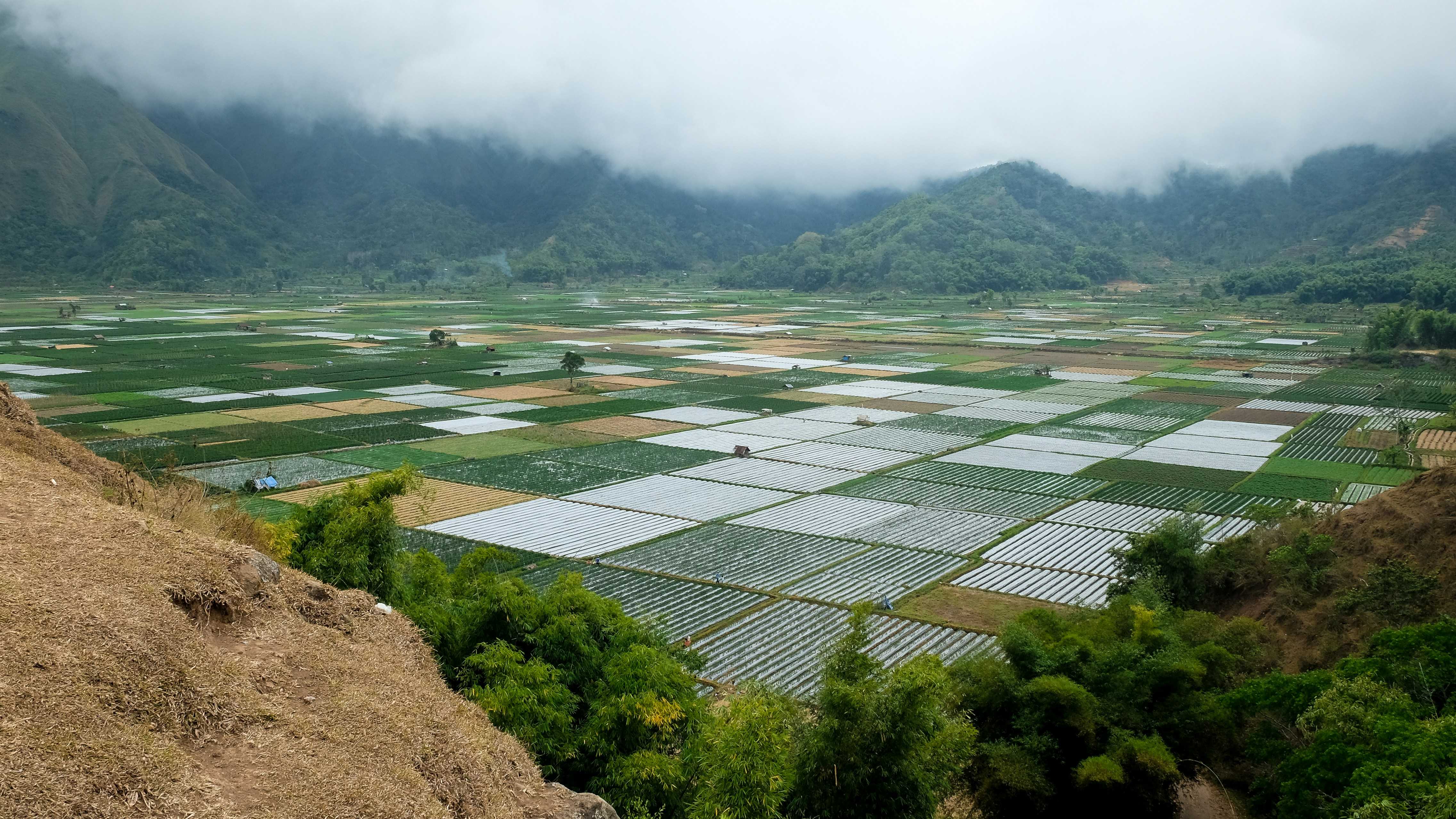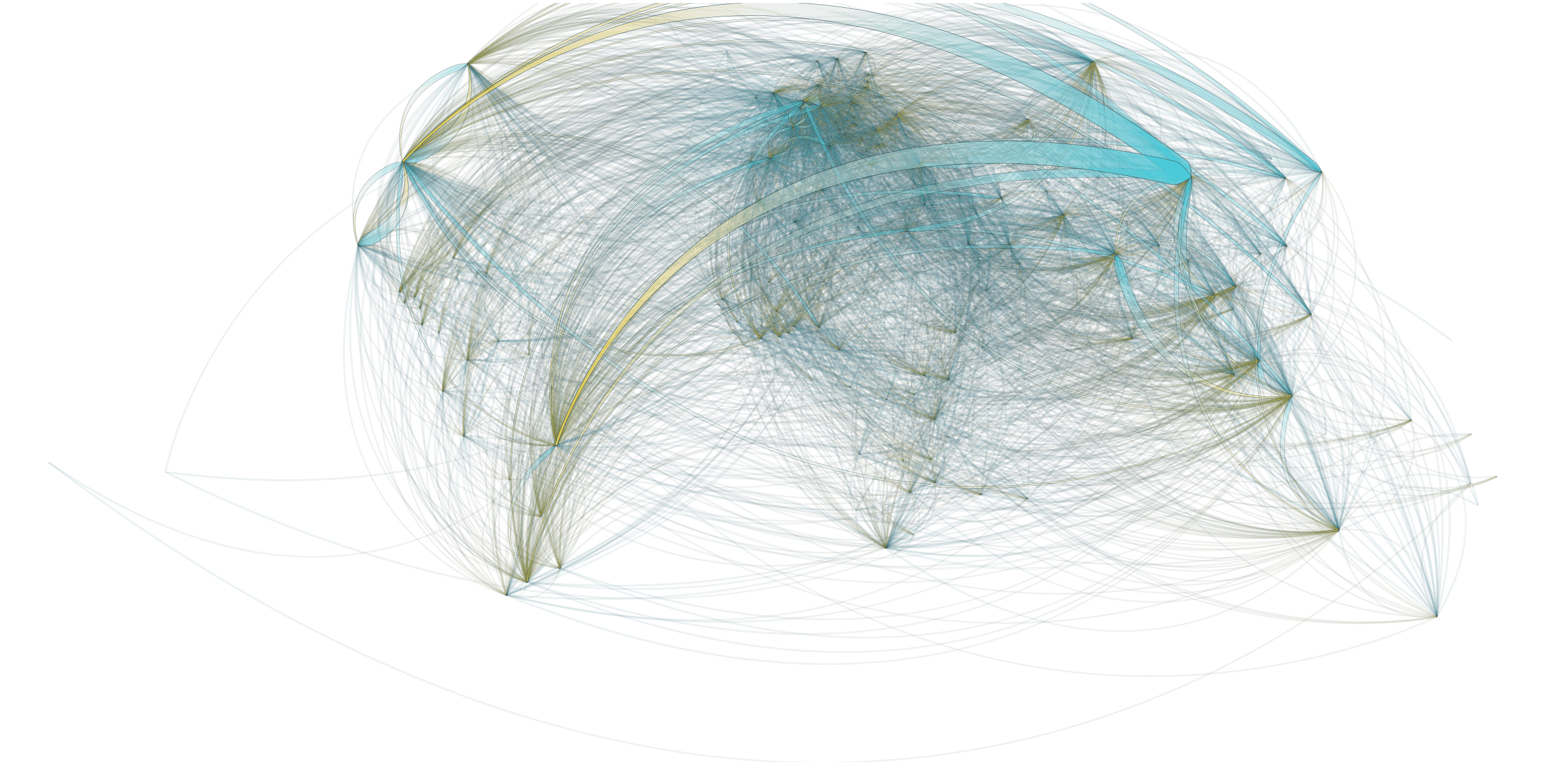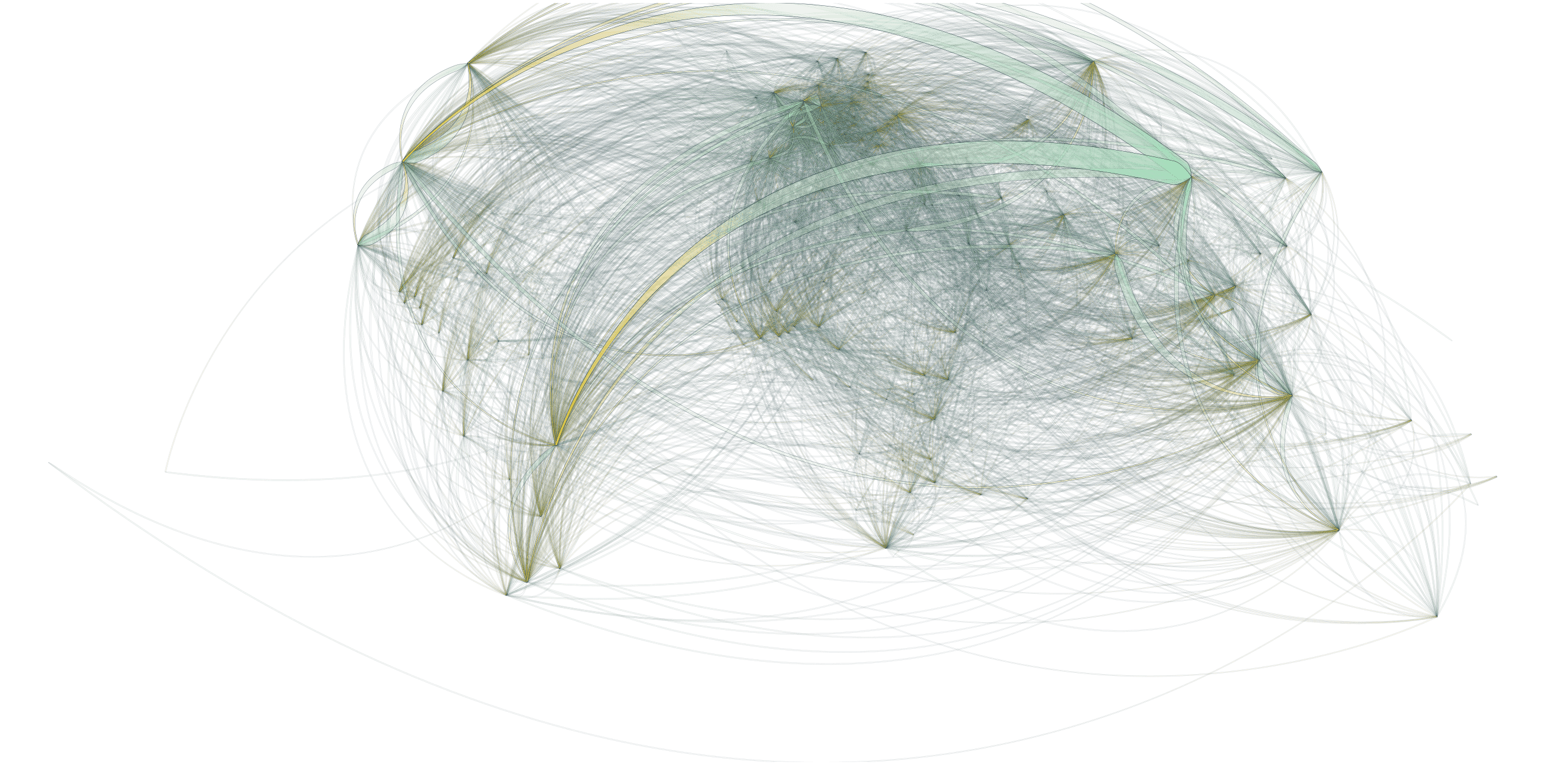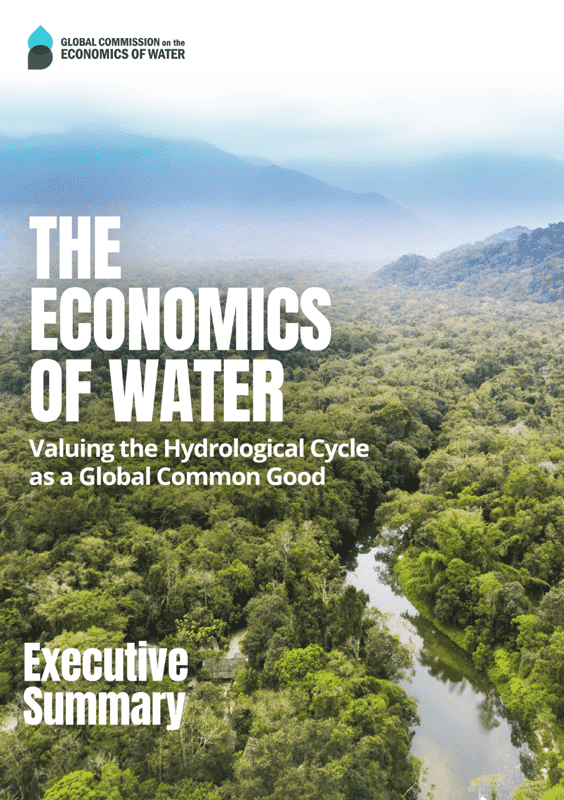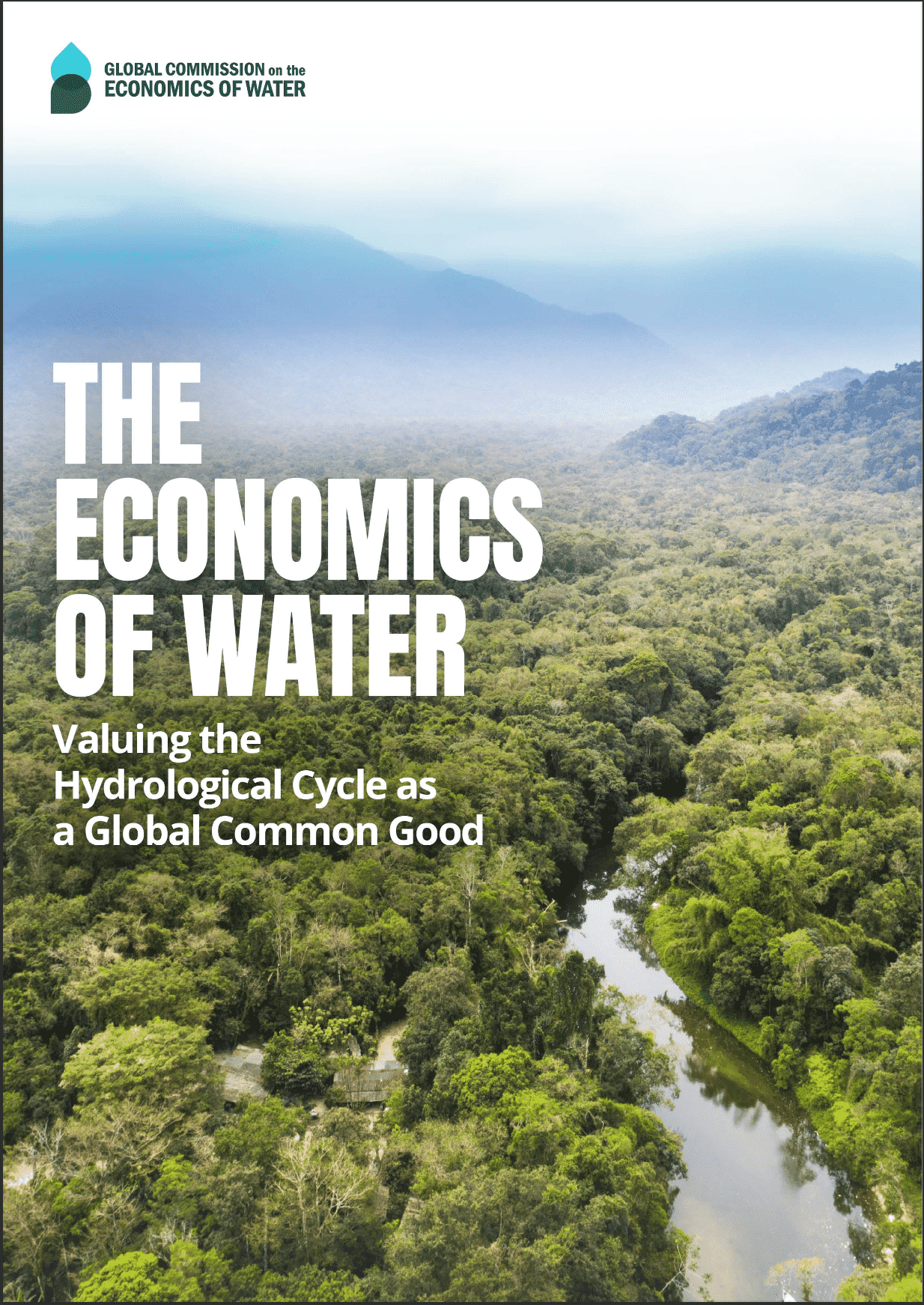The water challenge becomes even more pressing when we recognise how much water each person needs daily to live a dignified life. The Global Commission offers a new perspective on just access to water: While 50 to 100 litres per day is required to meet essential health and hygiene needs, a dignified life – including adequate nutrition and consumption – requires a minimum of about 4,000 litres per person per day. Most regions cannot secure this much water locally.
Trade moves water
Trade is a channel through which water connects countries across the globe: invisibly embedded in the goods and services we trade is a certain amount of water required to produce them. This is referred to as the virtual water trade. Approximately 1.8 trillion cubic metres of green and blue water are traded this way each year through crops alone.
Trade in virtual water is a powerful tool for global water management, promoting more efficient use of water resources worldwide and alleviating water stress in regions grappling with scarcity. By importing water-intensive products, countries with scarce water resources can conserve their water while meeting their needs for those products. However, when the pricing of water-intensive commodities does not reflect scarcity and pressure on water resources, demand can intensify water use and contribute to worsening water inequalities and shortages in the producing country.
In the map below, you can explore how green and blue virtual water flows span the globe. The map shows quantified country-to-country green, blue, and combined virtual water flows of agricultural products. Click on a country to view its import and exports of virtual water as well as the level of water scarcity.
